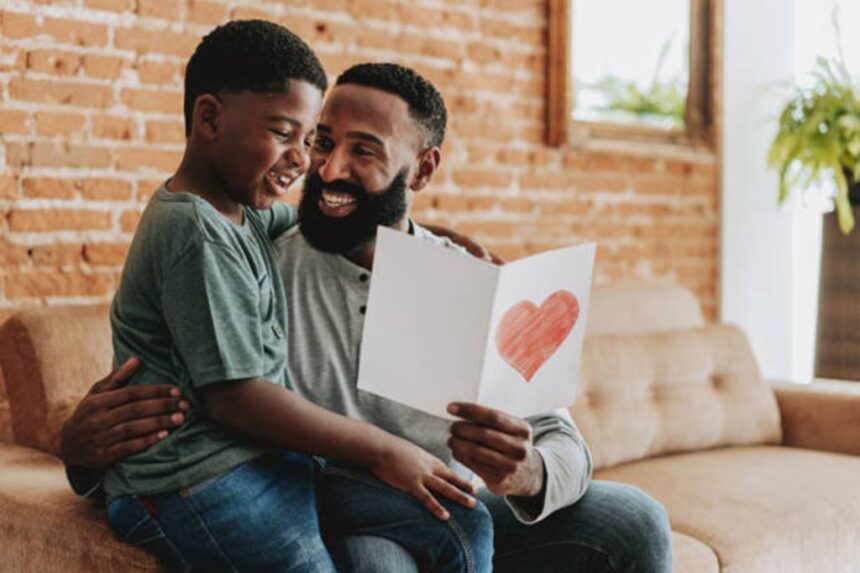For Father’s Day, the New York City public schools sent this notice to all teachers: “On Father’s Day, we invite everyone to express love, gratitude, and appreciation for all individuals who identify as fathers.
“This includes fathers who have lost their children, those who have lost their fathers, those who yearn to be fathers, fathers with complicated relationships with their children, individuals who chose not to be fathers, and those who have strained relationships with their fathers, father-like figures, and guardians.”
It’s quite possible the functionary who sent that Father’s Day message meant well, but could anyone have captured better in one short paragraph all the spiritual dysfunctions of our current culture of fatherhood and family?
So fatherhood is no longer a reality we honor, or even an ideal we strive to live up to.
Fatherhood is now just an identity we craft for ourselves, but apparently only if we really like the idea.
Lest anyone feel excluded from being honored, we are asked to appreciate not only all “who identify as fathers” but indeed all “who chose not to be fathers,” which certainly covers everyone.
And because old-style hierarchical roles with authority are troubling to us today, we are asked, as we honor fathers, also to honor the sons and daughters who have strained relationships with them, or a strained relationship with a father-like man who stepped up to mentor or support them.
The impulse shouldn’t surprise us: After all, for many young people, the celebration of Father’s Day reopens a wound, the wound of an absent or inattentive father.
According to the National Fatherhood Initiative, almost 18 million children live without any father or father figure in the home (biological, adoptive or stepfather).
That is more than the entire population of America’s four largest cities (New York, Los Angeles, Chicago and Houston) combined.
Search the IMDB database for the keyword “absent father” and 638 movie titles appear.
The economic, psychological, emotional and social costs of the decision of men not to “identify” as a father to their children are enormous and ongoing.
Single mothers too often heroically bear the burdens that are meant to be shared by a loving mother and father united in marriage.
As a 2019 scholarly review by the National Responsible Fatherhood Clearinghouse documented, when raised outside of intact marriages, children experience more poverty, more school failure, more abuse and neglect, more anxiety and depression, more delinquency and later adult criminality and more addiction to alcohol and drugs.
The scholars concluded, “Father absence is associated with widespread negative outcomes for children at all stages of development.”
So has virtually every such study done for the last 60 years.
Why hold up fathers for special honor? Because fathers matter.
And most of these fatherless sons will grow up to become fathers themselves and make the choice either to perpetuate the chain of fatherlessness or to be a father for their children.
Kansas City Chiefs kicker Harrison Butker recently ruffled some feathers by telling young men and women in a Catholic college commencement speech to treat fatherhood and motherhood as a great calling.
He counseled: “Being locked in with your vocation and staying in your lane is going to be the surest way for you to find true happiness and peace in this life.”
He went on: “To the gentlemen here today: Part of what plagues our society is this lie that has been told to you that men are not necessary in the home or in our communities.”
I was so very pleased and grateful that he made a point we in this career-oriented society so desperately need to hear: Family comes first.
Career and other achievements matter, yes, but they should be subordinated to God’s primary call to men to be fathers and to women to be mothers.
We need more good men sacrificing on behalf of their wives and children.
Honoring those who have done so this Father’s Day is one first, important step.
Salvatore J. Cordileone is the archbishop of San Francisco.





